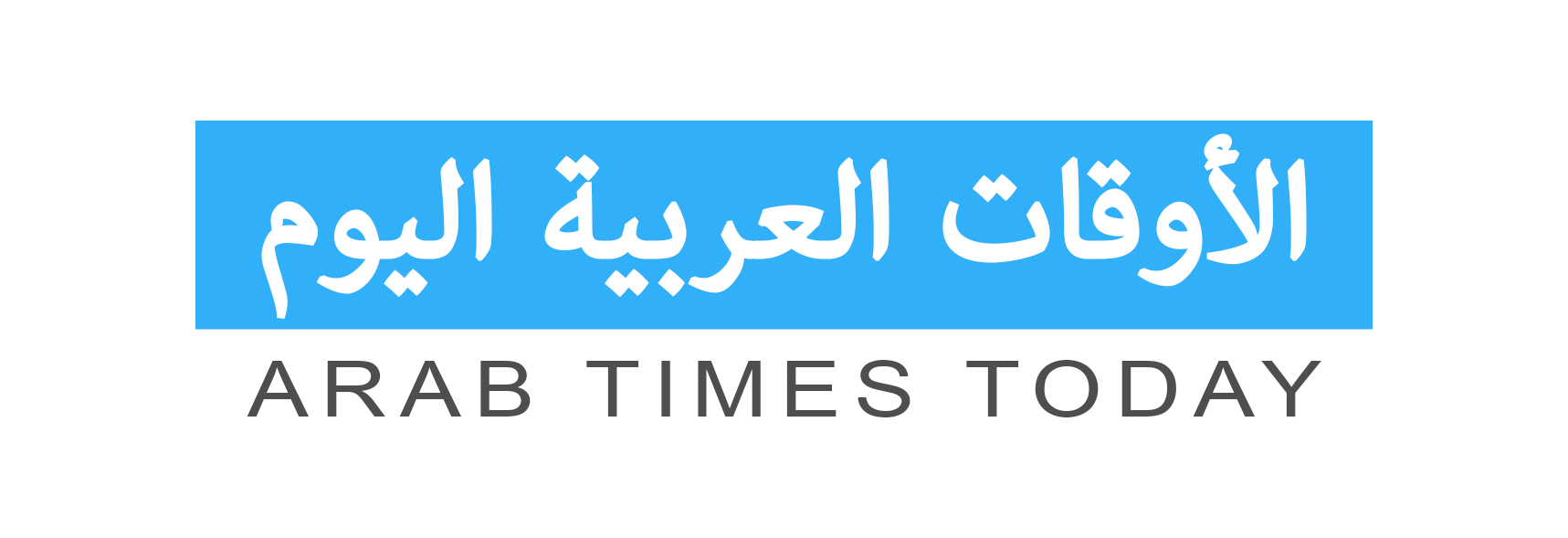A Dubai web developer has highlighted the game-changing potential of advanced technology.
The remarkable rise of artificial intelligence has demonstrated how times change rapidly in the brave new world of advanced technology.
If you cast your mind back to the early 2010s, the phrase ‘There’s an app for that’ was so buzz-worthy it was trademarked by tech giants Apple.
Little more than a decade later and we may soon be saying ‘there is an AI for that’.
OpenAI’s ChatGPT has served as the poster child for an artificial intelligence revolution, in which more than 2,000 cutting-edge AI tools hitting the market in a matter of weeks.
Its time-saving prompts captured headlines around the world, with other innovations including automated travel planning and machine learning to help medics sift through thousands of radiology scans for faster medical diagnostics.
While some industries are set to face more disruption than others, coding — the process of computer programming — is a skill that could be taken over by AI.
Cracking the code
Most people are confined to using the apps available on their phone, but now if you cannot find the app you want, you could just build it yourself.
Dom Monhardt, a technologist and designer used ChatGPT to write code to create his own personal banking app.
It is an example of how AI is opening access to once complicated skills and processes, he said.
“Generating code using ChatGPT was a magical moment,” said Mr Monhardt, a senior director of design at financial firm Tap Payments in Dubai.
“As a designer, I had never seen the process of writing code before so it was fascinating.
“I had some knowledge in development, but I was always unable to develop my own ideas.
“Working in banking, there were so many pain points and I was never able to cover the costs of development to work on my ideas.
“Now I just use the tool, it gives me the code back and I make my own app.”
This was done using the transaction SMS alerts sent by banks that were then transferred to a secure central database using a python script, a computer programming language used to build websites.
Mr Monhardt also developed an app that helps him craft more individual automatic responses to emails.
Other new public applications of AI include Agent GPT which plans and executes strategies such as how to set up a business, while Tripnotes takes the legwork out of planning a holiday by selecting the best places to visit and where to stay.
Krisp uses AI to eliminate background noise from an online video meeting and Gamma utilises the technology to created slide decks, presentations and websites.
$300 billion global spend
As more companies incorporate AI-centric systems into business operations, global spending on the technology is expected to reach $300 billion by 2026, according to International Data Corporation (IDC) analysts.
And as AI becomes more capable of performing labour intensive tasks, some jobs are likely to come under threat.
Fortunately, experts say a need for human input will remain.
“Developments in AI are moving at breakneck speed and will no doubt change the way in which many of us work in the near future,” said Karl Escritt, CEO of Like Digital & Partners, a Dubai agency that assists businesses in their digital transformation.
“It’s unlikely that highly skilled web development and coding jobs will be affected.
“Many tasks will become more automated with the further introduction of AI tools — debugging and testing, to name just a few.”

